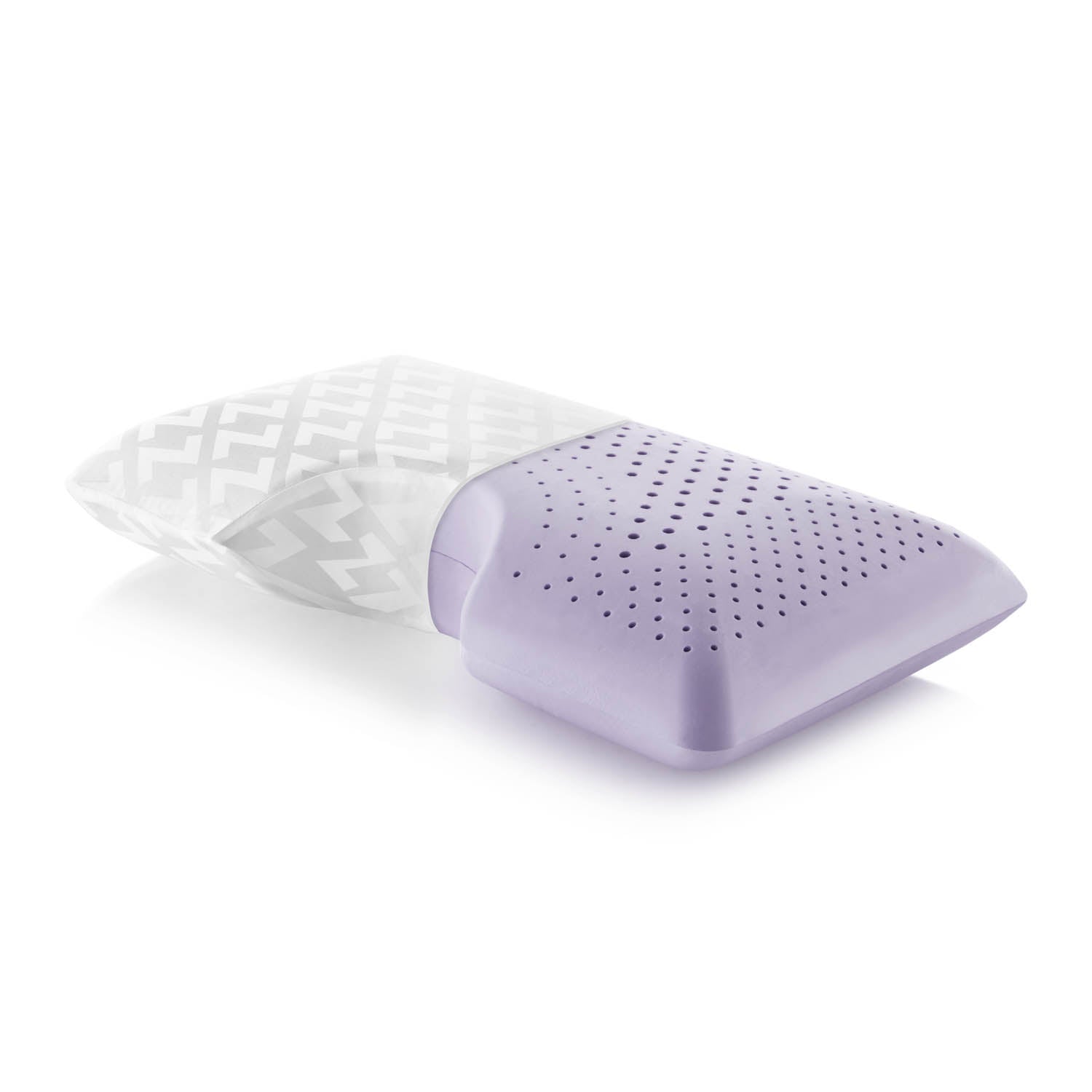Menu

Nutrition and good sleep
Sleep is a fundamental aspect of our lives, and its quality can significantly impact our overall well-being. Many factors influence the quality of our sleep, including lifestyle choices, stress, your mattress and the environment we sleep in. One often overlooked factor is nutrition. What we eat plays a vital role in our sleep patterns, and certain nutritional deficiencies can lead to poor sleep. In this article, we will explore the intricate relationship between nutrition and a good night's rest.
The Role of Nutrition in Sleep
1. Carbohydrates: Balancing Blood Sugar Levels
Consuming a meal that is too high in simple sugars and refined carbohydrates can lead to blood sugar spikes and crashes, which may disrupt your sleep. Opting for complex carbohydrates like whole grains, fruits, and vegetables can help maintain steady blood sugar levels, preventing nighttime awakenings caused by hunger or fluctuations in glucose levels.
2. Magnesium: The Relaxation Mineral
Magnesium is a crucial mineral for relaxation and sleep. It helps regulate neurotransmitters and relaxes muscles, making it easier to fall asleep and stay asleep. Ensuring you have an adequate intake of magnesium in your diet can significantly improve the quality of your sleep.
Nutritional Deficiencies and Poor Sleep
1. Vitamin D Deficiency
Vitamin D plays a role in the regulation of serotonin, a neurotransmitter that influences mood and sleep. A deficiency in vitamin D may lead to sleep disturbances, such as insomnia or poor sleep quality. To combat this, ensure you get enough sunlight exposure and include vitamin D-rich foods like fatty fish, eggs, and fortified dairy products in your diet.
2. Iron Deficiency
Iron is essential for the transportation of oxygen in the body, and a deficiency can lead to restless leg syndrome (RLS), a condition that causes an uncontrollable urge to move your legs during sleep. Including iron-rich foods such as red meat, beans, and fortified cereals can help alleviate this issue.
3. B Vitamins
B vitamins, particularly B6 and B12, are important for the production of neurotransmitters like serotonin and dopamine. A deficiency in these vitamins can lead to mood disturbances and insomnia. Foods like poultry, fish, and leafy greens are rich sources of B vitamins, and their inclusion in your diet can support better sleep.
Conclusion
Nutrition plays a critical role in achieving and maintaining a good night's sleep. The foods we eat can influence the production of sleep-regulating hormones, balance blood sugar levels, and promote relaxation. Conversely, deficiencies in key nutrients like vitamin D, iron, and B vitamins can lead to sleep disturbances and poor sleep quality.
To improve your sleep through nutrition like magnesium, and essential vitamins and minerals. Talk to your healthcare professional, you can take significant steps towards achieving a restful night's sleep and ultimately enhance your overall health and well-being.
The Role of Nutrition in Sleep
1. Carbohydrates: Balancing Blood Sugar Levels
Consuming a meal that is too high in simple sugars and refined carbohydrates can lead to blood sugar spikes and crashes, which may disrupt your sleep. Opting for complex carbohydrates like whole grains, fruits, and vegetables can help maintain steady blood sugar levels, preventing nighttime awakenings caused by hunger or fluctuations in glucose levels.
2. Magnesium: The Relaxation Mineral
Magnesium is a crucial mineral for relaxation and sleep. It helps regulate neurotransmitters and relaxes muscles, making it easier to fall asleep and stay asleep. Ensuring you have an adequate intake of magnesium in your diet can significantly improve the quality of your sleep.
Nutritional Deficiencies and Poor Sleep
1. Vitamin D Deficiency
Vitamin D plays a role in the regulation of serotonin, a neurotransmitter that influences mood and sleep. A deficiency in vitamin D may lead to sleep disturbances, such as insomnia or poor sleep quality. To combat this, ensure you get enough sunlight exposure and include vitamin D-rich foods like fatty fish, eggs, and fortified dairy products in your diet.
2. Iron Deficiency
Iron is essential for the transportation of oxygen in the body, and a deficiency can lead to restless leg syndrome (RLS), a condition that causes an uncontrollable urge to move your legs during sleep. Including iron-rich foods such as red meat, beans, and fortified cereals can help alleviate this issue.
3. B Vitamins
B vitamins, particularly B6 and B12, are important for the production of neurotransmitters like serotonin and dopamine. A deficiency in these vitamins can lead to mood disturbances and insomnia. Foods like poultry, fish, and leafy greens are rich sources of B vitamins, and their inclusion in your diet can support better sleep.
Conclusion
Nutrition plays a critical role in achieving and maintaining a good night's sleep. The foods we eat can influence the production of sleep-regulating hormones, balance blood sugar levels, and promote relaxation. Conversely, deficiencies in key nutrients like vitamin D, iron, and B vitamins can lead to sleep disturbances and poor sleep quality.
To improve your sleep through nutrition like magnesium, and essential vitamins and minerals. Talk to your healthcare professional, you can take significant steps towards achieving a restful night's sleep and ultimately enhance your overall health and well-being.
- Choosing a selection results in a full page refresh.





